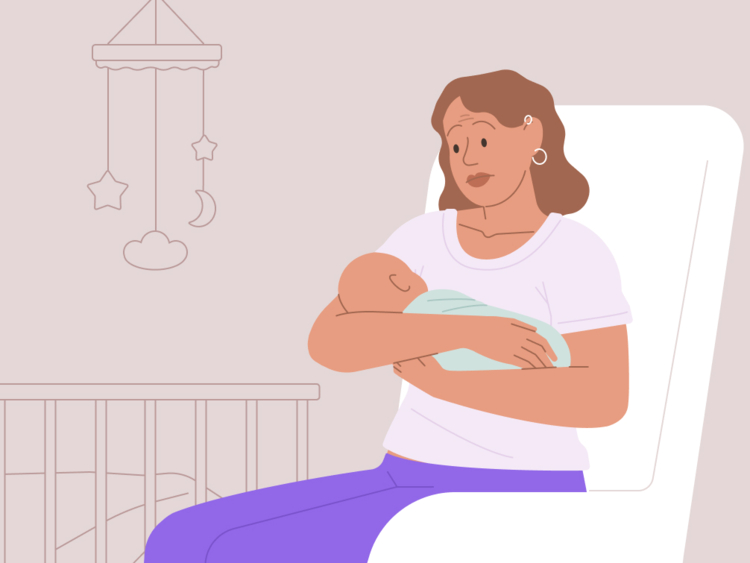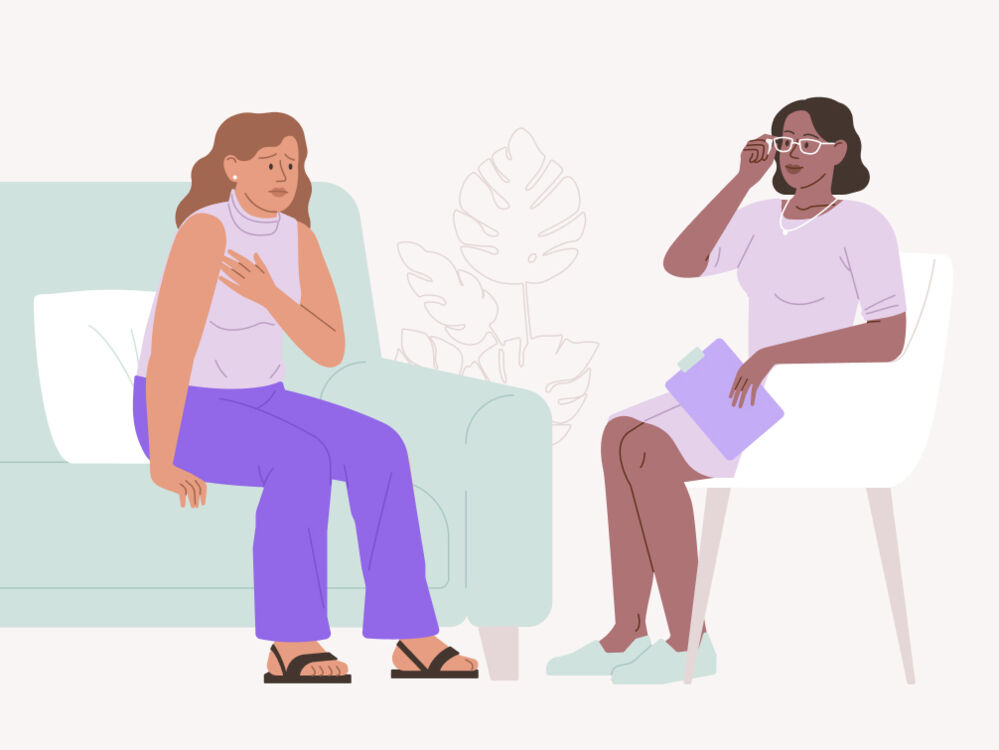Having a baby is a huge life change, so it’s normal to feel excited, anxious, and overwhelmed all at once. Newborns require round-the-clock care and don’t come with a handbook, so the first few weeks after birth can be a worrisome time. Add shifting hormones and broken sleep into the mix, and taking care of a new baby can get pretty stressful.
These first weeks after you’ve given birth are called the postpartum period. There’s currently some discussion about how long the postpartum period should be defined. It’s often considered to be the first six to eight weeks after you’ve given birth. However, pregnancy and birth can impact everyone’s bodies differently. This is why the American College of Obstetricians and Gynecologists considers the postpartum period to extend up to 12 weeks after birth. You might have heard this time referred to as the fourth trimester.
During this time, you might feel anxious about everything from your baby’s health to your parenting skills and how to navigate this challenging new role. These panicked feelings should ease off once you get oriented. However, if your fears get worse, keep you awake at night, or start to interfere with everyday life with your baby, it could be postpartum anxiety.





